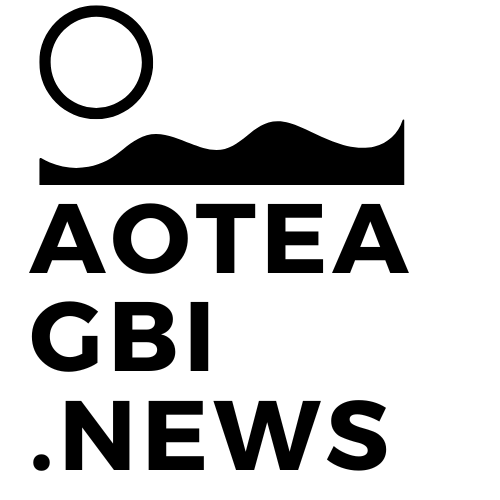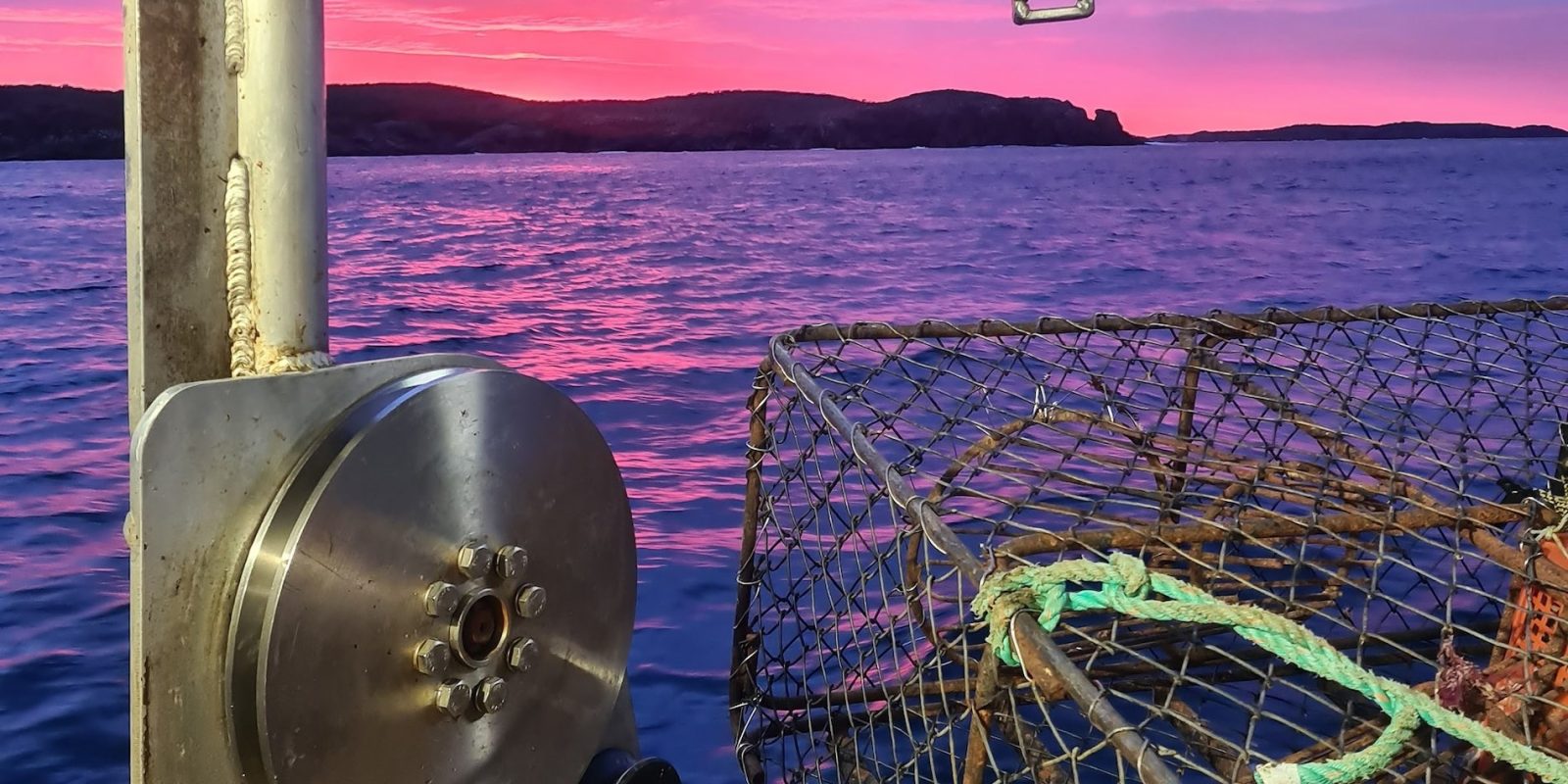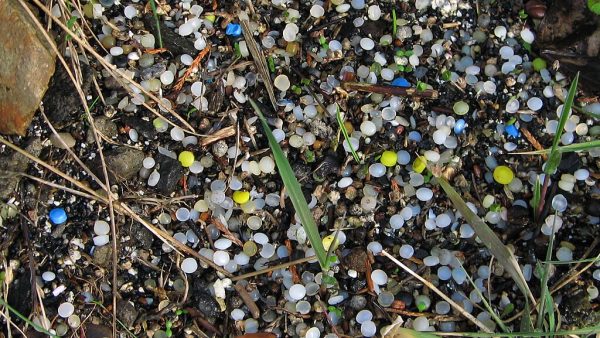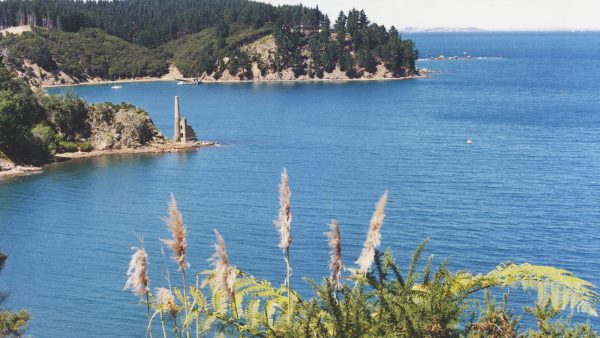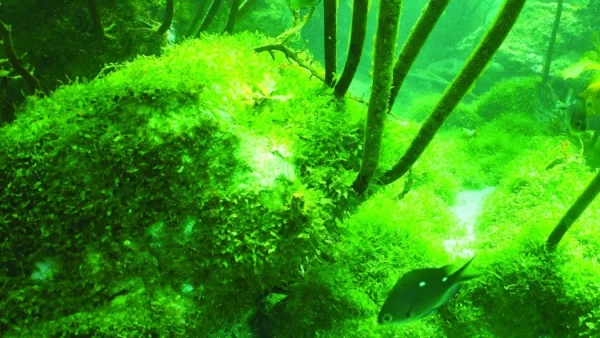Crayfish pots aboard the FV Crusader. Photo / Toitū Fishing NZ
The Ministry for Primary Industries (MPI) has defended its decision to issue commercial crayfishing permits within areas under a Controlled Area Notice (CAN) and rāhui on Aotea Great Barrier Island, despite acknowledging that the consultation process was inadequate. The review of the permits followed revelations about commercial fishing operations in protected zones, where locals and recreational fishermen have been banned for years.
Peter Thomson, Biosecurity New Zealand’s Chief Biosecurity Officer, explained the findings of the review. “The review of permits issued to three commercial rock lobster operators has found the permits did not pose a risk to further spreading exotic caulerpa, however, there should have been better engagement prior to permitting decisions, and compliance processes needed to be stronger.”
Thomson says the permits were necessary to support the livelihoods of the affected operators. “The applications for these permits were carefully considered and were issued, under strict biosecurity conditions, because the livelihoods of the three operators, who had all worked the area for years, were going to be significantly affected by the controls,” he said.
Despite these assurances, Thomson admitted there were shortcomings. “Compliance checking of rock lobster potting and high-risk anchoring permit holders could have been more rigorous, and engagement with mana whenua and stakeholders on key decisions could be improved. Addressing these issues will help the response and strengthen confidence of key stakeholders and partners.”
Local Board Deputy Chair Chris Ollivier strongly criticized MPI’s approach. “The MPI review shows that Biosecurity NZ followed the letter of the law, but completely missed why there was so much anger about the issuing of permits allowing commercial cray potting inside the Controlled Areas. The lack of connection to the community most affected by the closures, the ignoring of the rāhui which is in place and undergoing the S186a process over the last 12 months, the failure to consult with or even notify the Caulerpa Governance Group, which MPI set up, shows a massive failure, regardless of the outcome of this review.”
“At the very least, an apology to the community of Aotea is warranted.” Ollivier added.
Local reaction to the revelations had been one of outrage and frustration. Emeritus Professor Barry Scott from Massey University criticized MPI’s decision, stating, “This makes an absolute mockery of trying to control the spread.” Izzy Fordham, chair of the Great Barrier Island Local Board, expressed similar sentiments, noting, “Our community has lived with this CAN for just on three years and we have all done our best to abide by the rules and regulations that brings. Then we find that a commercial offshore operator has a permit to harvest within the CAN area. This makes a mockery of the whole thing.”
Gray Lewis, an environmentalist who discovered the commercial operations, described the scene: “As a diver in the water on this survey, I made an effort to swim out and observe one of these pots in place. It was situated in about 10m of water and was smack bang in a dense patch of Caulerpa.” Lewis said.
The commercial fishing operations are currently on hold, with permit holders assuring they will not fish in the area until their permits expire on June 30, 2024. The CANs themselves will also expire at that time.
Thomson’s review involved consultations with various MPI teams, Fisheries New Zealand, Aotea Great Barrier board members, response governance members, permit holders, and the Rock Lobster Industry Council. The review found that the permits had suitable measures to mitigate the biosecurity risk of exotic caulerpa spreading and were consistent with the intent of the response.
MPI says moving forward they need improved compliance and better communication with stakeholders to maintain trust and effectively manage the biosecurity threats posed by invasive species.
